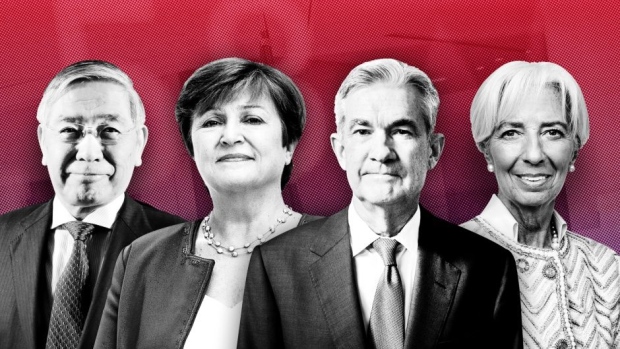
Centerbridge Partners’ Top Real Estate Dealmaker Rahm to Depart
Centerbridge Partners’ Billy Rahm, who oversees global real estate investing, is leaving the firm, according to people with knowledge of the matter.
Latest Videos
The information you requested is not available at this time, please check back again soon.

Centerbridge Partners’ Billy Rahm, who oversees global real estate investing, is leaving the firm, according to people with knowledge of the matter.

Uniti Group Inc. is in advanced talks to reunite with telecommunications provider Windstream in a merger that could be valued at up to $15 billion, including debt, according to people familiar with the matter. Uniti rose as much as 13%.
Figure Technology Solutions Inc. tapped Michael Tannenbaum as its new chief executive officer, ahead of the financial-services firm’s potential initial public offering.

Sales of new homes in the US bounced back broadly in March as an abundance of inventory helped drive prices lower.
Australian Retirement Trust has become the country’s latest pension fund to open a London office, as the fast-growing retirement sector hunts for deals beyond its backyard.
Jul 12, 2020
, Bloomberg News

(Bloomberg) -- Welcome to Monday, Asia. Here’s the latest news and analysis from Bloomberg Economics to help you start the week:
©2020 Bloomberg L.P.